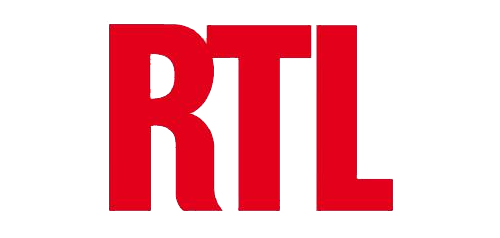Accusations of rape against Nicolas Hulot: can we talk about a media tribunal?
Sophie Obadia, Richard Berry’s lawyer, and Anne-Cécile Mailfert, President of the Women’s Foundation, debate the existence or otherwise of a “media tribunal”. Find out more here.
“Revelations aren’t proof, they’re words.”
Sophie Obadia, Richard Berry’s lawyer, reminds us that social networks and the media are not a court of law.
A “presumption of guilt
Anne-Cécile Mailfert, President of the Women’s Foundation, regrets that the “presumption of guilt” for women. She disagrees with the notion of a media tribunal and criticizes Nicolas Hulot for arriving with “a posture of victim” and calling the accusers “liars” when “we know nothing about what these women have been through, what they are saying. He calls them liars a priori“.
Presumption of innocence: the most important legal principle Francias
However, it should not be forgotten that in French law, the overriding rule is the presumption of innocence. Respect for the presumption of innocence, a fundamental freedom of all individuals, is largely guaranteed in the French legal system.
The presumption of innocence is guaranteed by the most important texts:
- the 1978 Declaration of the Rights of Man and of the Citizen (article 9);
- the 1948 Universal Declaration of Human Rights (article 11);
- the 1950 European Convention on Human Rights (article 6§2).
In domestic law, the Act of June 15, 2000 introduced a preliminary article to the Code of Criminal Procedure stating that “Any person suspected or prosecuted is presumed innocent until proven guilty. Violations of the presumption of innocence are prevented, remedied and punished in accordance with the law”.






